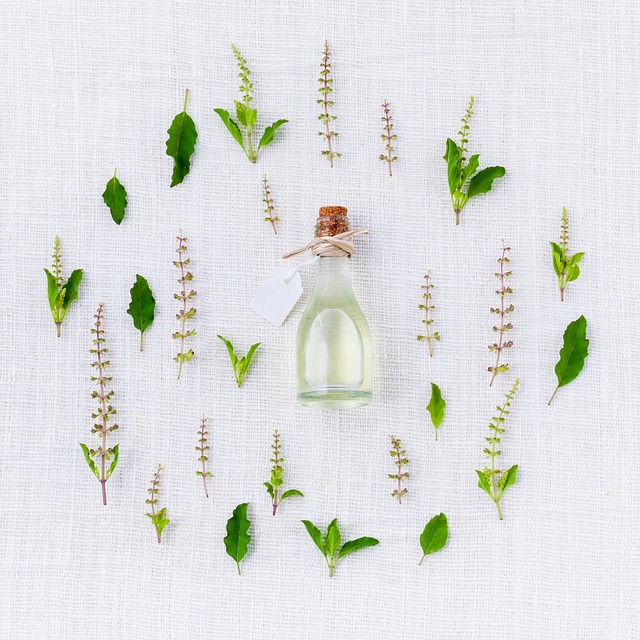Lots of information can be found these days pertaining to the use of essential oils, via aromatherapy, as a means of addressing mood. So what exactly is aromatherapy? Aromatherapy is the use of oils from natural sources, such as plants, trees, flowers and herbs, therapeutically for the benefit of emotional, physical, and spiritual wellness. Most studies speak to a benefit when used as a supplement to other forms of treatment, and do not suggest aromatherapy, alone, as a method for treatment or cure. In other words, aromatherapy is best indicated as a complementary therapy to other evidence-based practices.
You might be wondering how this process works. Through the inhalation process, essential oils can message the olfactory system and cause the brain to activate neurotransmitters – dopamine and serotonin. As you probably are aware, dopamine and serotonin play a major role in regulating mood. In addition, the inhalation process can impact cognition. It is important to note, however, that every individual is different and his/her perceived benefit from the use of essential oils will vary. Presently, I have a number of patients within my practice setting that indicate benefit from use of essential oils via aromatherapy on their own. Additionally, I diffuse them within my office daily, carefully selecting which oils to diffuse based upon who I will be seeing during the course my day.
So now that we’ve discussed the practice of aromatherapy and how it works, let’s look at some essential oils commonly used to influence mood. While it does not directly impact mood, one essential oil I commonly diffuse is tea tree. The reason being is that tea tree is known to be an immune system booster, and I think we can all agree that when we feel better physically, we tend to feel better emotionally. I consider it a staple, as far as essential oils go. Rosemary is another great one, as it yields multiple benefits. It is known to stimulate the brain, enhancing memory and focus. Additionally, it is indicated to have antidepressant properties. Peppermint and lemon are also indicated to enhance and sharpen focus.
Patchouli is another one I keep on hand regularly, as it is known to have good effect with anxiety and depression. In addition to its mood-lifting properties, it is also indicated to be good for fatigue. LIkewise, marjoram is also indicated for depression, anxiety, and fatigue. Bergamot, similarly, is also known for benefits with the same symptoms and has a nice citrus scent. Cedarwood is yet another essential oil known for its calming properties, and tends to have good effect with reducing feelings of anxiety and stress. In addition, lavender, jasmine and chamomile are also known for having a calming effect that reduces stress and anxiety.
The aforementioned suggestions are not intended to be an all-encompassing listing, by no means. If your interest has been peaked, take the extra step to look into aromatherapy further and find some essential oils that work for you. There are a number of resources available to provide you with additional information, and I would recommend brand-neutral books and articles to get you going. Aromatherapy is a practice, regardless of what brand of essential oils you use, and I would suggest finding information that is not endorsing of a particular brand to get started. Then you can do your brand-specific research to determine from where you want to purchase your essential oils.
Regards,
Dana
<Disclaimer: Content of this blog is for information purposes only and not intended as therapy or medical advice>











